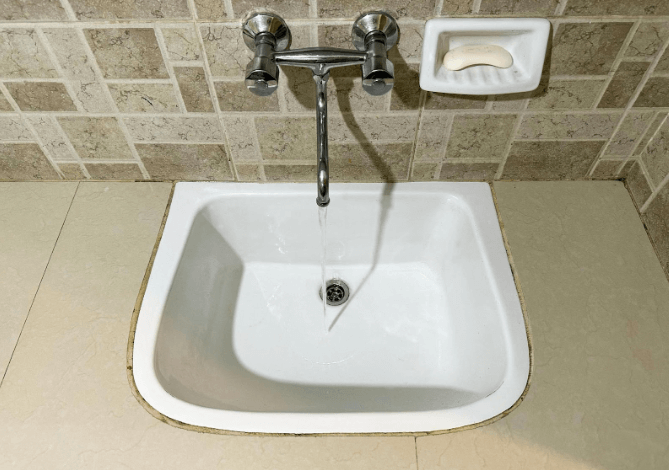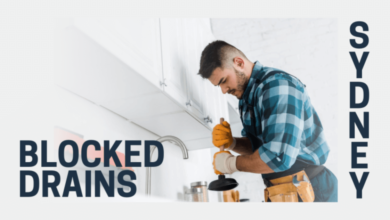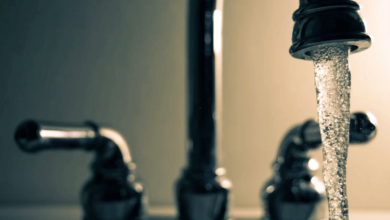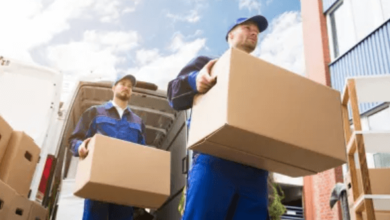How to Handle Plumbing Emergencies

Plumbing emergencies can strike at the most inconvenient times, leaving you with a flooded bathroom, an overflown toilet, or no running water at all. It’s important to know how to handle these situations effectively to minimize damage and restore order swiftly. In this guide, we’ll walk you through steps to manage common plumbing emergencies with a hint of humor to ease the stress.
Stop the Water Flow
The first thing you need to do in a plumbing emergency is cut off the water supply. You don’t want to turn your home into a miniature Venice. Locate the main water shutoff valve, which is usually found in the basement, garage, or somewhere along the perimeter of your house. Turn it clockwise to stop the water flow. Remember to stay calm; panic only makes things worse!
Assess the Situation
Once you’ve halted the water flow, take a moment to assess the situation. Determine the source of the problem, whether it’s a burst pipe, a leaky faucet, or a clogged toilet. Understanding the root cause will help you decide the next course of action.
In some cases, identifying the root cause might make you realize that a more professional intervention is required. It’s always a good idea to explore plumbing repair options that provide immediate and expert assistance.
Handling a Burst Pipe
A burst pipe can cause significant water damage if not handled promptly. After shutting off the main water supply, open all your faucets to drain the remaining water. This will relieve pressure in the pipes and reduce the risk of further damage. Next, wrap the burst area with a rubber patch and secure it with tape. This may not be a permanent fix but should hold until a professional plumber can arrive.
Addressing a Leaky Faucet
Leaky faucets are not only irritating but can also waste a significant amount of water over time. To address a leaky faucet, start by turning off the water supply to that particular fixture. Remove the faucet handle and inspect the washer. In most cases, a worn-out washer is the culprit. Replace it with a new one and reassemble the faucet. If the leak persists, the issue may be more complex and require professional attention.
Unclogging a Clogged Toilet
A clogged toilet is more annoying than dangerous, but it still needs immediate attention. Use a plunger to create suction and dislodge the blockage. If that doesn’t work, try a plumbing snake (also known as an auger) to break up the obstruction. Avoid using chemical drain cleaners, as they can damage your pipes and aren’t very environmentally friendly.
The Importance of Regular Maintenance
One of the best ways to avoid plumbing emergencies is through regular maintenance. Schedule annual check-ups with a professional plumber who can inspect your pipes, water heater, and fixtures. Early detection of potential issues can prevent them from escalating into emergencies. Additionally, regular maintenance ensures that your plumbing system operates effectively, saving you money on water bills and potential repair costs.
Preventing Future Plumbing Emergencies
- Regularly inspect your home’s plumbing system for any signs of wear and tear.
- Replace old pipes and fixtures before they fail.
- Learn where your home’s main water shutoff valve is located.
- Install water leak detectors near potential problem areas.
DIY vs. Professional Help
While some plumbing issues can be resolved with a bit of DIY effort, it’s imperative to recognize when to call in a professional. Complex issues like sewer line problems, significant pipe bursts, or advanced water heater malfunctions require the expertise of a certified plumber. Attempting to fix these on your own can lead to costly mistakes and further damage. When in doubt, always opt for professional help.
Emergency Plumbing Kits
Creating an emergency plumbing kit can be a lifesaver in times of crisis. Stock your kit with essentials such as a plunger, plumbing tape, pipe clamps, a wrench, and a flashlight. Having these tools readily available can help you manage minor plumbing emergencies until professional help arrives. Consider also keeping a list of emergency contact numbers, including your local plumber, for quick access in urgent situations.
Managing Water Heater Issues
A malfunctioning water heater can leave you shivering in a cold shower. For electric water heaters, check the circuit breaker to ensure it’s on. For gas water heaters, make sure the pilot light is lit. If simple troubleshooting doesn’t resolve the issue, it’s best to consult with a professional, as water heaters can be dangerous if improperly handled.
Conclusion
While plumbing emergencies are never fun, knowing how to handle them can make a world of difference. By taking immediate action to stop water flow, assessing the situation, and applying quick fixes, you can minimize damage and restore order swiftly. Remember, staying calm and collected is half the battle won. Should any issues be beyond your repair capabilities, don’t hesitate to call in the professionals.




